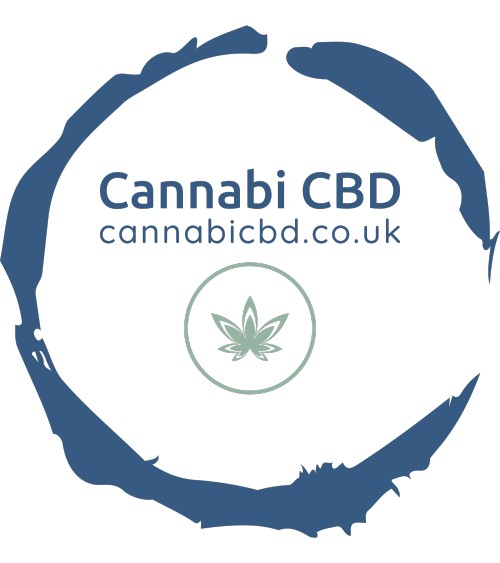Maintaining a healthy diet during pregnancy is crucial for the health of both the mother and the unborn baby. A well-balanced, nutritious diet supports the baby’s development and growth and can also help manage common pregnancy symptoms and reduce the risk of pregnancy complications. This comprehensive guide delves into the essential components of a healthy pregnancy diet, foods to eat and avoid, and answers some frequently asked questions.
Understanding the Basics of a Healthy Pregnancy Diet
A healthy pregnancy diet incorporates a balance of carbohydrates, proteins, fats, vitamins, and minerals. The key is not just eating more but eating smart, ensuring that every calorie counts towards nourishing both you and your baby.
Essential Nutrients and Their Sources
Folic Acid
Crucial for preventing neural tube defects, folic acid is found in leafy green vegetables, oranges, lentils, and fortified cereals.
Iron
Supports the development of the placenta and fetus and helps prevent anemia. Rich sources include lean meat, poultry, fish, lentils, spinach, and iron-fortified cereals.
Calcium
Vital for building your baby’s bones and teeth. Sources include dairy products, broccoli, kale, and fortified plant milk.
Vitamin D
Works with calcium to help the baby’s bones and teeth develop. Sources include fortified foods, cheese, egg yolks, and sensible sun exposure.
DHA (Docosahexaenoic Acid)
A type of Omega-3 fatty acid important for brain and eye development. Found in fatty fish like salmon, and algae-based supplements.
Iodine Important for the baby’s brain development. Sources include dairy products, iodized salt, seafood, and eggs.
Foods to Focus On
- Fruits and Vegetables:Aim for a variety of colors to maximize nutrient intake.
- Whole Grains Such as oatmeal, whole-grain bread, and brown rice, provide essential carbohydrates, fiber, and nutrients.
- Lean Proteins Including chicken, fish, beans, and nuts, are important for growth and development.
- Healthy FatsSources like avocados, nuts, seeds, and olive oil provide energy and support baby’s development.
Foods to Limit or Avoid
High-Mercury Fish
Such as shark, swordfish, king mackerel, and tilefish should be avoided. Opt for low-mercury options like salmon, cod, and tilapia.
Unpasteurized Foods
Can contain harmful bacteria. Avoid unpasteurized milk, cheese, and fruit juices.
Raw or Undercooked Foods
This includes meats, fish (such as sushi), and eggs, which can carry bacteria or parasites.
Excessive Caffeine
Limit caffeine intake to less than 200 mg per day, the equivalent of about one 12-ounce cup of coffee.
Alcohol
Should be completely avoided during pregnancy as it can lead to fetal alcohol spectrum disorders.
Managing Common Pregnancy Symptoms Through Diet
- Morning Sickness Eating small, frequent meals and avoiding an empty stomach can help. Ginger tea may also provide relief.
- Constipation Increase your fiber intake with whole grains, vegetables, and fruits, and stay hydrated.
- Heartburn: Avoid spicy, acidic, and fried foods. Eating smaller meals can also help.
Weight Gain During Pregnancy
Gaining a healthy amount of weight during pregnancy is normal and necessary. The amount of weight gain varies depending on your pre-pregnancy weight:
- Underweight 28-40 pounds
- Normal Weight 25-35 pounds
- Overweight 15-25 pounds
- Obese 11-20 pounds
Consult with your healthcare provider to determine the right amount of weight gain for you.
Meal Planning and Preparation Tips
- Plan Meals Ahead: Helps ensure you have the ingredients needed for healthy eating.
- Keep Healthy Snacks Handy: Such as fruits, nuts, and yogurt, to satisfy hunger between meals.
- Stay Hydrated: Drink plenty of water throughout the day.
- Read Labels: Be aware of the nutritional content and avoid foods high in added sugars and unhealthy fats.
FAQs
How can I manage my cravings during pregnancy?
Cravings are common, but try to satisfy them with healthier options. For example, if you crave sweets, opt for fresh fruit or a small piece of dark chocolate.
Can I follow a vegetarian or vegan diet during pregnancy?
Yes, but you may need to be more mindful of getting enough protein, iron, calcium, vitamin B12, and omega-3 fatty acids. Consider consulting a dietitian to ensure your diet is balanced.
How much water should I drink during pregnancy?
Aim for about 10 cups (2.4 liters) of fluids a day, but this can vary based on your activity level and environment.
Is it safe to diet or lose weight during pregnancy?
Pregnancy is not the time to diet or aim for weight loss. Focus on eating a balanced diet to support your baby’s growth and development.
Can I eat a low-carb diet during pregnancy?
While you can limit simple carbohydrates like white bread and sugary snacks, complex carbohydrates from whole grains, fruits, and vegetables are important for your pregnancy diet and should not be eliminated.
How can I ensure I am getting enough iron?
Include a variety of iron-rich foods in your diet, and consider consuming them with vitamin C-rich foods to enhance absorption. Your healthcare provider may also recommend an iron
Conclusion
Maintaining a healthy diet during pregnancy is essential for both maternal health and fetal development. By focusing on nutrient-rich foods, managing common pregnancy symptoms, and following recommended guidelines for weight gain and food safety, expectant mothers can support a healthy pregnancy and lay the foundation for their baby’s lifelong health and well-being. Be sure to consult with your healthcare provider for personalized nutrition advice and guidance throughout your pregnancy journey.
- The Ultimate Guide to CBD Sleep An In-Depth Analysis By Slumber CBD - April 13, 2024
- Golden Delights: A Connoisseur’s Journey with Just Kratom’s Gold Shots - April 13, 2024
- Comprehensive Review The Best CBD Sleep Solutions By Slumber CBD - April 13, 2024
